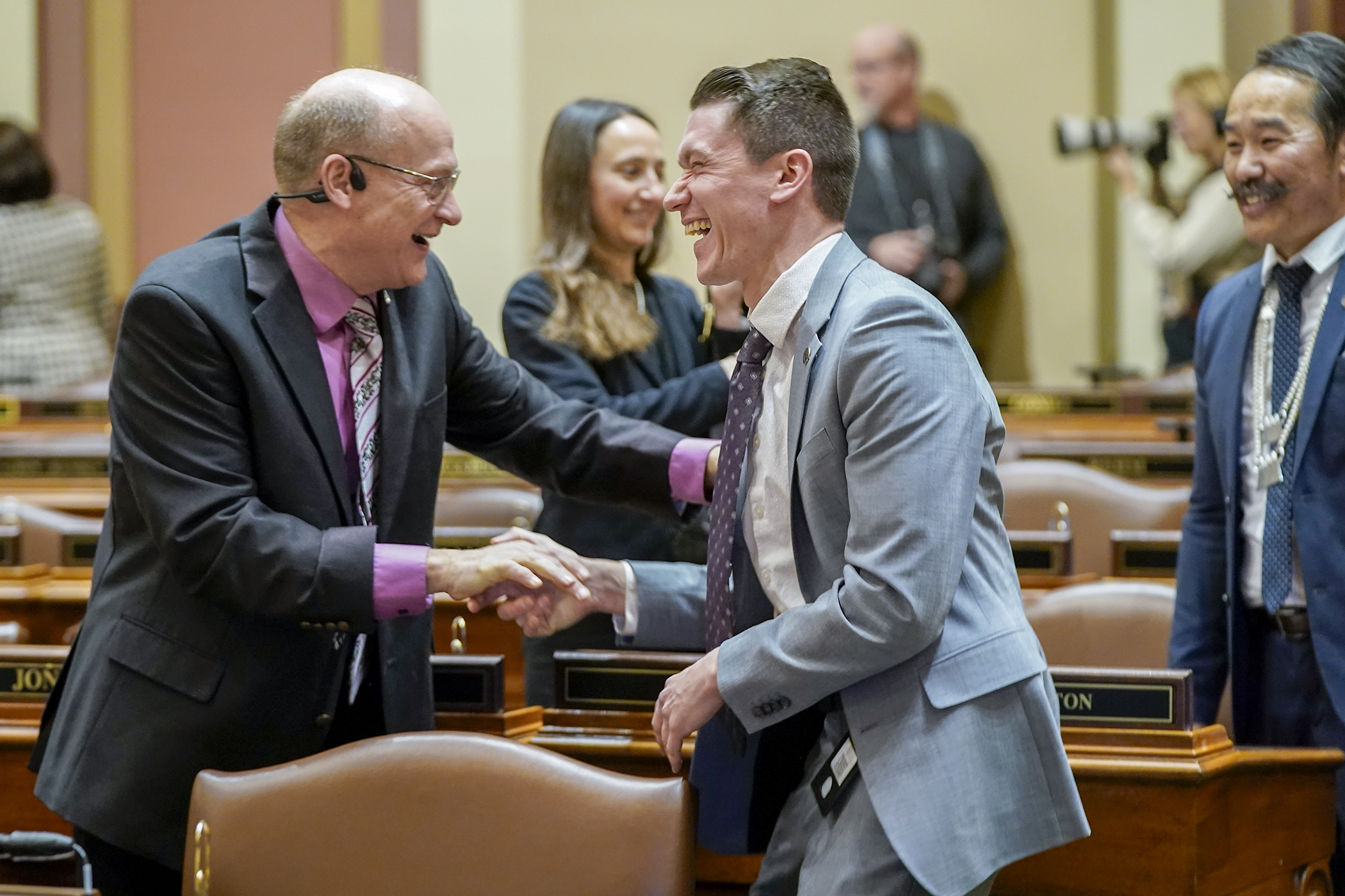Minneapolis park fees, dedication program changes pass the House
While Minnesota is well-known for its bike paths and open space, there are still areas in Minneapolis that are in desperate need of park amenities, according to Rep. Frank Hornstein (DFL-Mpls).
To continue providing more parks and open space, the Minneapolis Park and Recreation Board and the Minneapolis City Council are looking to tweak a program that requires the developers of new housing, commercial and industrial buildings within the city to dedicate land for parks or pay a fee with the funds going toward park development.
The House passed HF321, sponsored by Hornstein, 123-2, Monday. The bill, as amended, now moves to the full Senate where Sen. D. Scott Dibble (DFL-Mpls) is the sponsor.
The bill would give the two Minneapolis government bodies direct authority to implement the fee and ensure it is charged in conjunction with the issuing of a new building permit, while ensuring that the city and park board meet the requirements of the larger state park dedication law. The bill would also allow the board and city council to set a flat fee per new residential unit, instead of charging on a case-by-case basis.
Rep. Pat Garofalo (R-Farmington) along with other representatives expressed concern about the current fee-per residential unit, adding that the park district is already receiving a number of revenue streams for parks. “Why do we need another extraction from the private structure to the public structure?”
Hornstein argued that the fees are lower than other areas in the state.
The House adopted an amendment that would exempt businesses that are majority-owned and operated by veterans, women and minorities. Another adopted amendment would restrict park construction within 1,500 feet, or about six city blocks, from a high-risk predatory offender who has committed crimes of a sexual nature.
Since 2008, as many as 10,000 housing units have been built in Minneapolis in the downtown, University of Minnesota and along the light rail corridor areas, where there is a lack of parkland, Hornstein said at a House Government Operations Committee meeting earlier this month.
Related Articles
Search Session Daily
Advanced Search OptionsPriority Dailies
Minnesota's budget outlook worsens in both near, long term
By Rob Hubbard It looks as if those calling for less state spending could get their wish, judging from Thursday’s release of the February 2025 Budget and Economic Forecast.
A state su...
It looks as if those calling for less state spending could get their wish, judging from Thursday’s release of the February 2025 Budget and Economic Forecast.
A state su...
Full House convenes for first time in 2025, elects Demuth speaker
By Tim Walker DFL, Republicans convene with a quorum for the first time in 2025 session after agreeing to a power-sharing deal.
DFL, Republicans convene with a quorum for the first time in 2025 session after agreeing to a power-sharing deal.